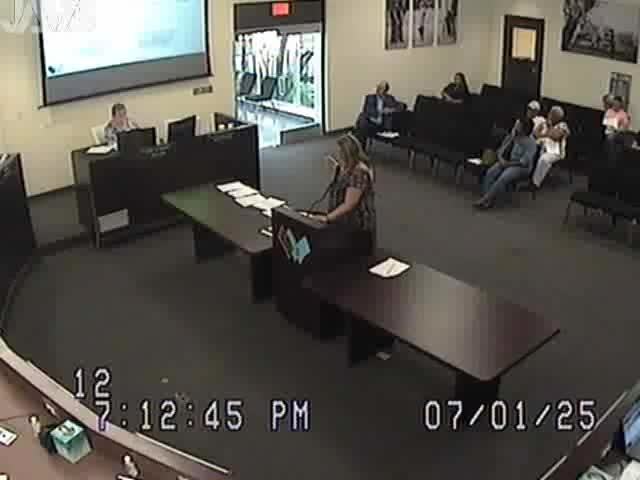Franklin County Council reviews zoning code changes for residential development
July 02, 2025 | Whitehall City Council, Whitehall, Franklin County, Ohio
Thanks to https://workplace-ai.com/ , all articles about Ohio are free for you to enjoy throughout 2025!

This article was created by AI using a video recording of the meeting. It summarizes the key points discussed, but for full details and context, please refer to the video of the full meeting. Link to Full Meeting
One of the key topics was the zoning code's stipulations regarding lot sizes and setbacks. Council members deliberated on the requirements for parcels under one acre, emphasizing that any redevelopment would necessitate a 200-foot setback from the road. This regulation aims to maintain the character of neighborhoods while ensuring compliance with existing zoning laws. A specific case was highlighted: a lot on Fairway Boulevard, which, due to its size and frontage, would not meet the necessary criteria for a split, thus increasing nonconformity—a situation the council is keen to avoid.
The discussion also ventured into the realm of accessory dwelling units (ADUs) and short-term rentals, such as those listed on platforms like Airbnb and VRBO. Currently, ADUs can be developed under the existing zoning code, requiring a special use permit from both the planning commission and city council. However, the proposed overlay district would prohibit short-term rentals entirely, a significant shift that raised questions among council members about the implications for residents seeking additional income through such avenues.
Council members expressed curiosity about the rationale behind restricting short-term rentals while allowing bed and breakfasts, which also operate on a temporary basis. This inconsistency prompted further inquiry into the definitions and regulations surrounding these types of accommodations, highlighting the need for clarity in the zoning code.
As the meeting progressed, the council examined the potential for new builds on larger parcels, noting that while multiple structures could exist on a lot, only single-family homes would be permitted under the new regulations. This decision aims to preserve the community's character and prevent overcrowding, a concern echoed by several council members.
The meeting concluded with a commitment to further investigate the nuances of the zoning code, particularly regarding the definitions of short-term rentals and the implications for residents. As Whitehall navigates these changes, the council's decisions will undoubtedly shape the future of housing and community dynamics in the area, leaving residents and stakeholders eager to see how these regulations will unfold.
Converted from Whitehall City Council Voting Meeting 07-01-2025 meeting on July 02, 2025
Link to Full Meeting
Comments
View full meeting
This article is based on a recent meeting—watch the full video and explore the complete transcript for deeper insights into the discussion.
View full meeting